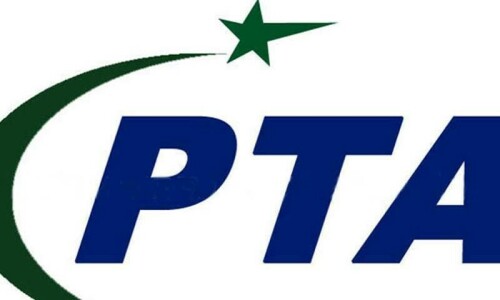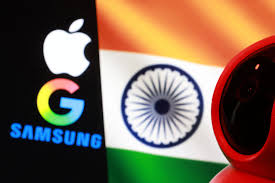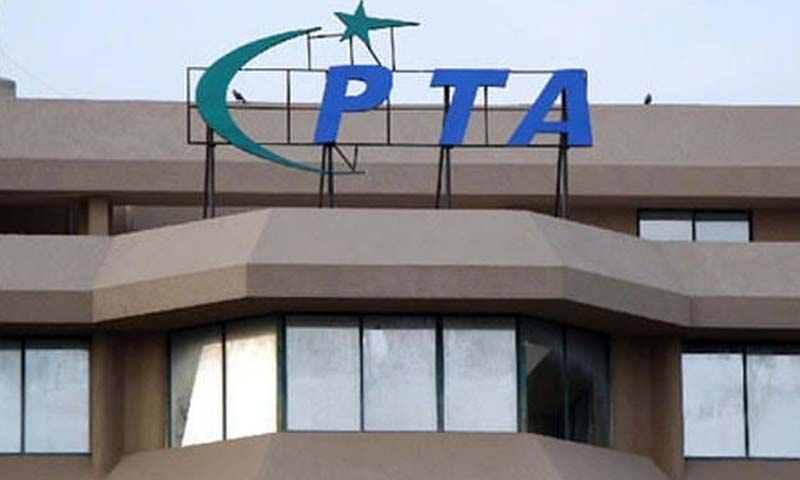SCIENCE & TECHNOLOGY

The Pakistan Telecom Authority (PTA) on Tuesday refuted rumors regarding a nationwide ban on Virtual Private Networks (VPNs), confirming that these services are not being blocked in the country. The clarification comes after widespread media speculation about the government’s intentions to restrict VPN usage.
VPNs are commonly used worldwide to access content that may be unavailable in a user's home country or to maintain privacy while browsing. In Pakistan, VPN usage surged significantly in 2024, with a major increase following the blocking of X (formerly Twitter) on February 19.
A report from independent VPN review platform, Top10VPN, revealed a 131% spike in VPN usage on February 19, two days after X was blocked, as citizens sought ways to bypass the restrictions.
Addressing the speculation, PTA released a statement confirming that VPNs will remain accessible. However, the authority emphasized the importance of registering IP addresses to avoid any disruptions in service. The statement explained:
“Recent news circulating in media about PTA blocking VPNs is false. However, PTA encourages all IT companies, software houses, freelancers, and banks to register their IPs for VPN use to ensure uninterrupted internet services."
The registration process, described as a "one window operation," is available on both the PTA and Pakistan Software Export Board (PSEB) websites. PTA assured that the process is simple, free of charge, and takes two to three days to complete.
While PTA denies any plans to block VPNs, in August, the authority's head informed a parliamentary committee about ongoing plans to regulate VPN usage in Pakistan by whitelisting certain proxy networks and blocking others.
Meanwhile, the country’s IT Minister, Shaza Fatima Khawaja, recently clarified in a press conference that the state was not responsible for the slowdown of internet services. Instead, she attributed it to the surge in VPN usage as citizens sought access to restricted apps.
“I want to reassure the public that the internet has neither been shut down nor slowed down by the state,” the minister stated, attributing the slowdown to users switching to VPNs.
Interestingly, a technical analysis conducted by digital rights group Bytes For All (B4A) found that users accessing the internet through VPNs in Pakistan experienced better download speeds and faced fewer disruptions, possibly bypassing ISP-imposed throttling.
The report stated: "This improvement is evident in higher download speeds and lower retransmission rates, indicating that VPNs may bypass ISP-imposed throttling or DPI measures." Deep Packet Inspection (DPI), a method often cited as a cause of internet slowdown, may have been circumvented by VPN usage, the report noted.




